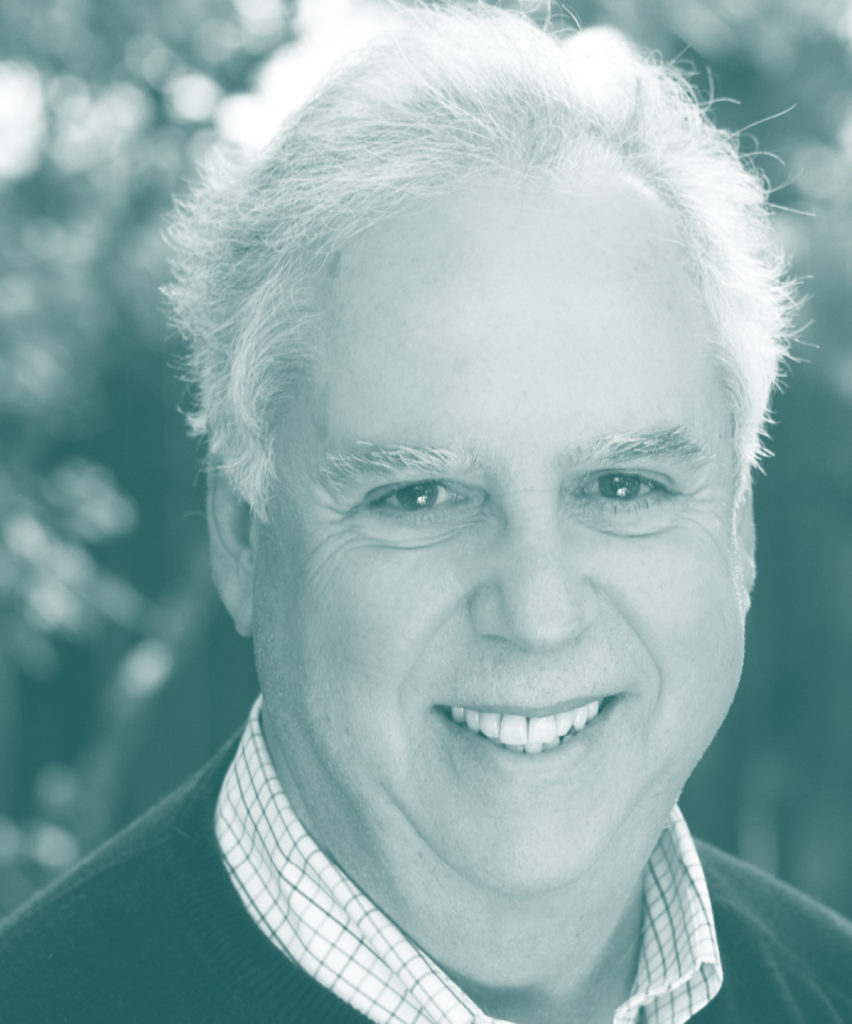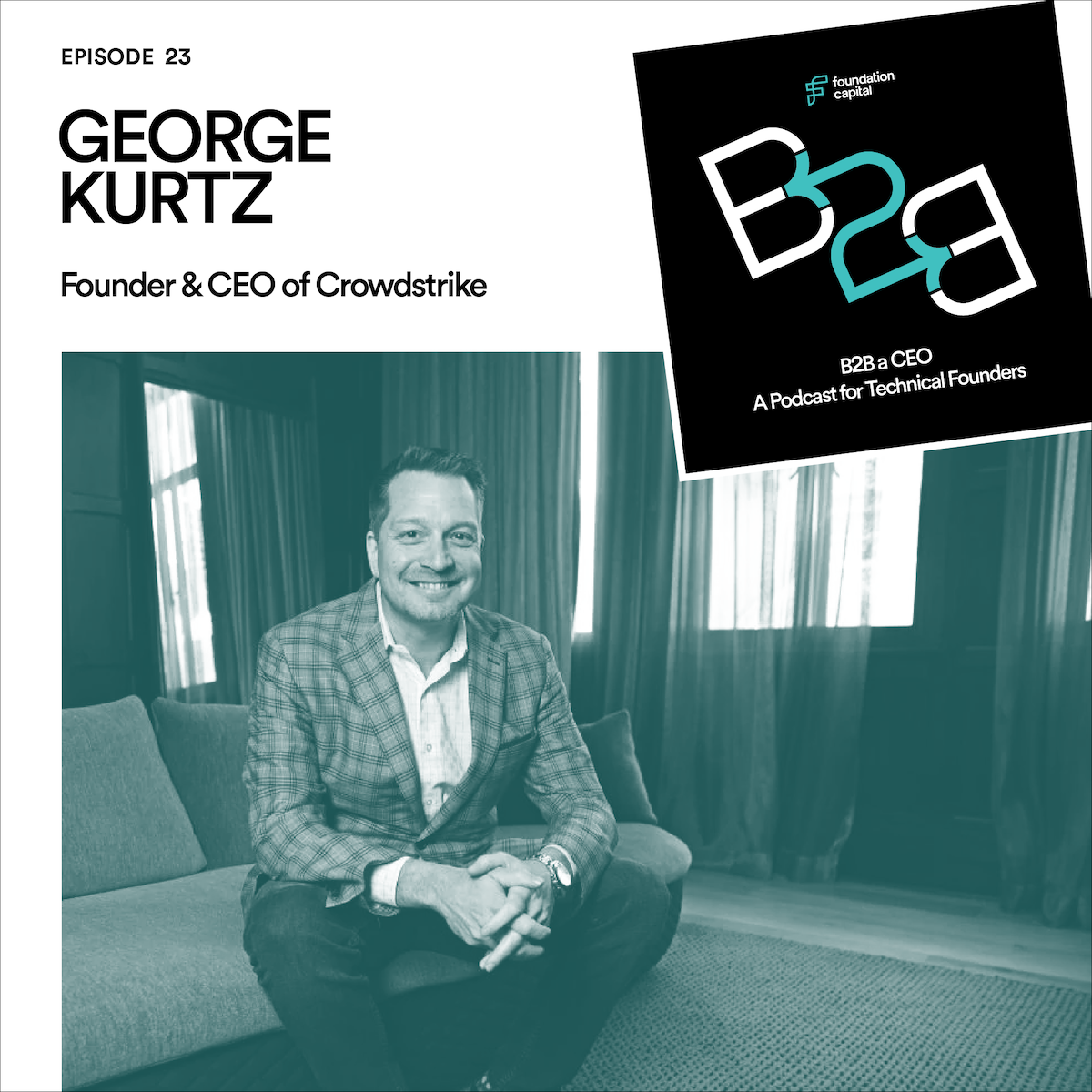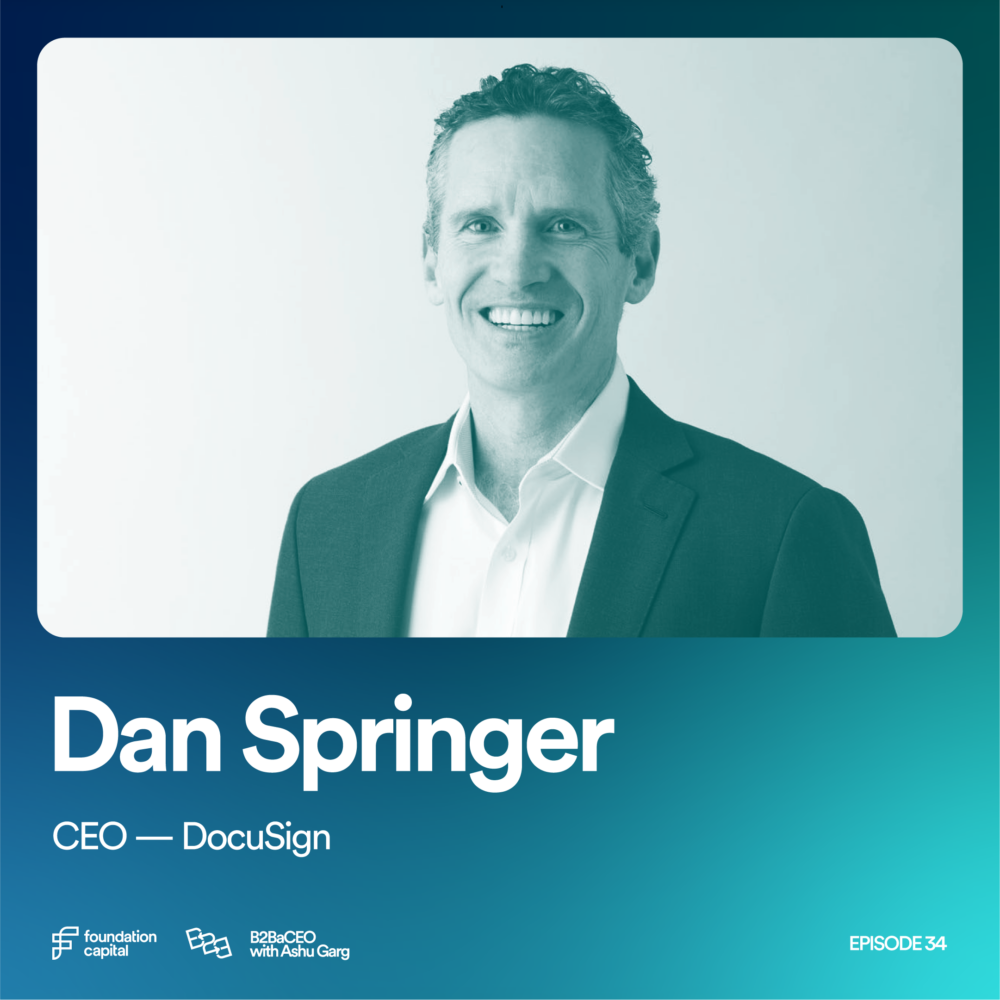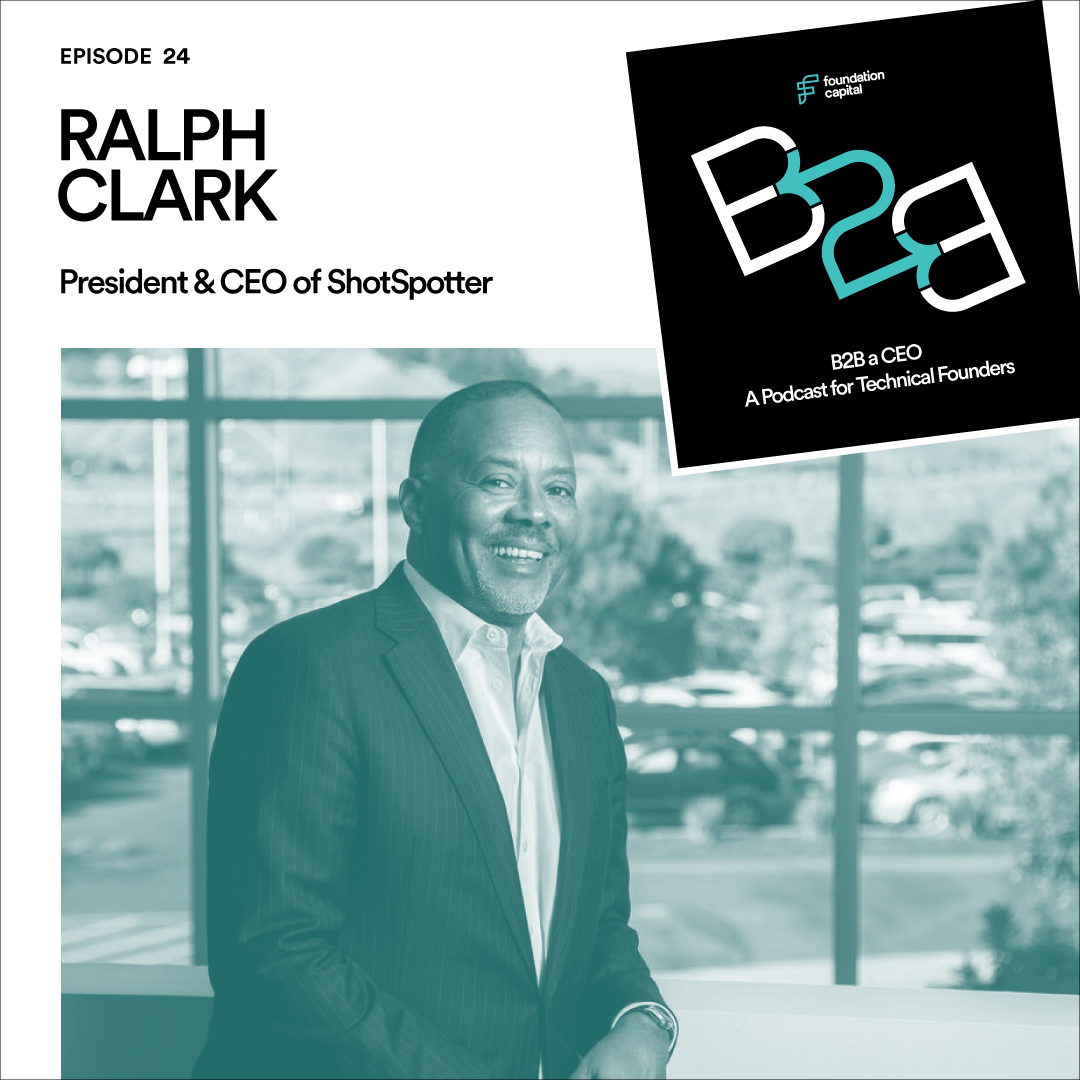Episode 21 – Part 2/2
How to Make Your CEO Dreams Come True
With Mark Leslie, Managing General Partner at Leslie Ventures
By Ashu Garg
04.20.2020

In part 2 of my interview with Mark Leslie, we dive deeper into his experience founding Veritas and leading it to become a Fortune 100 software company. We hear more about Mark’s eventual departure from his role as CEO to his current passion for teaching and investing.
I. The Recap
How Mark Got His Start
Mark was always a highly directed person. He knew at 23 years old that he wanted to found, build, and run a successful, prominent, meaningful company. Mark was the first generation in his family to attend college and at that time. His family expected that he either become a doctor, a lawyer, or enter into the family business. He chose pre-med. After his first two years at school, Mark took inventory of the time and money it would take to become a doctor and made the choice to change his major to physics.
Mark’s first job out of college was at IBM. The company put him through a rigorous three-month training program where he earned the equivalent of a CS degree. After two years at IBM, Mark left to work at a smaller computer company. He was six months in when he took stock of the environment; the company was nine years old with 1,000 employees doing $100M in revenue. That’s when it occurred to him—he could build a company himself!
How Veritas Came to Be!
Veritas Technologies was created from the ashes of a failing company. Mark sat on the board of that company and with some help from the executive team, co-founded Veritas. Back then, they built operations systems products that were then sold to systems companies. Veritas became profitable in their $10M year. Then, quickly went public when they were $10M in profitability. By the end of 1996, they were a $36M company and five years after that, a $1.5B company.
Mark’s Advice on How to Be a Successful CEO
The job for the CEO of a $0-$10M company is vastly different from that of a $10M-$50M.
- Phase 1: $0-$10M — The job of a CEO in the beginning is building a rock star team. Create a company where people have trust in management. Be transparent with your team.
- Phase 2: $10-$50M with ~150-200 employees. — This is where the company transitions from requiring just a few executive positions to now requiring a “director class”. CEOs need to spend their time leading, not get caught up in engineering, marketing, sales, etc.
- Phase 3: $50M-$100M with ~6000 employees — You’ve potentially reached a global scale. At this time you have micro leadership, the relationship with your internal team and macro leadership, the relationship with the community. A successful CEO knows how to manage and lead both.
What Does Mark Look For When He Invests?
He’s a junkie for a great story! He loves a hopeful, optimistic founder who sees the opportunity to do something great!
What’s Mark up to Now?
After building a company and seeing it succeed, Mark felt like he obtained his goal he set out to accomplish at 23 years old. Seven years before he made his exit from Veritas, he made the decision that he wanted to teach at the Stanford GSB. Now, he’s going on his 20th year of teaching. Mark currently sits on the board of directors at Stanford Health Care as well as the board of trustees at NYU. He leads a venture capital firm focused on ultra-technical investing. When he’s not busy mentoring former alumni or attending board meetings for one of the six board seats he holds, he loves spending time with his children and grandchildren who live nearby.
The Role of Silicon Valley in the Renaissance of Technology
Mark is bullish on technology advancement. He believes we’ll see another 50 years minimum of technological advancement, with AI at the helm. We both agree that AI is going to change the world in ways we can’t fathom. Mark also believes that quantum computing will accelerate material science and drug discovery between 10x-1000x. If you inject quantum computing into technology, you’ll have a profound impact on the world. We’ve reached a level of maturity that allows us to manipulate business models.
Published on 04.20.2020
Written by Ashu Garg


